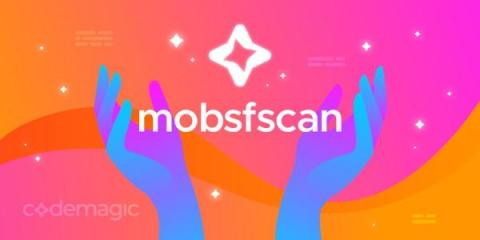How to deploy game updates with Unity Cloud Content Delivery and Codemagic
TL;DR: The Unity Cloud Content Delivery tool is a solution that helps deliver data to users in a synchronized way, which speeds up patching and enables live game updates. You can set up a project in Unity’s CCD cloud to deliver your game’s assets to customers’ devices. Additionally, you can integrate CCD with a CI/CD service to ensure consistent delivery of all parts of the updated app and to automate deployment, reducing the amount of manual work.











